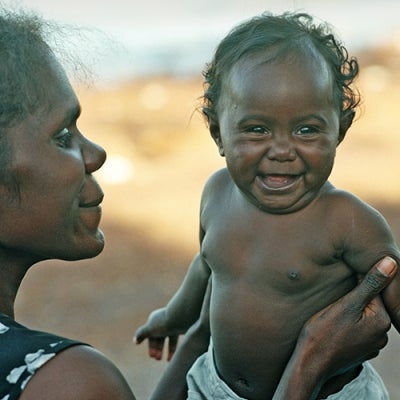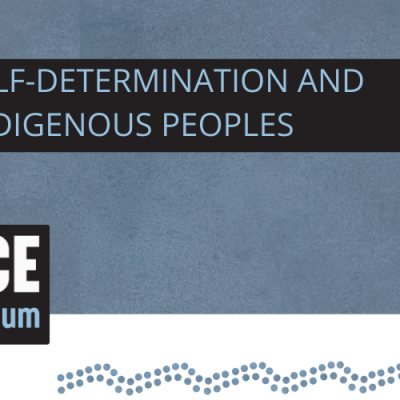Refine results
-
31 July 2025Webpage
Racism@Uni Survey
-
Rights and Freedoms26 June 2025Opinion piece
Australia’s torture failures must end
In an opinion piece published in The Mandarin, Human Rights Commissioner Lorraine Finlay decries Australia’s ongoing failures in torture protection. The piece was published on the 1989 anniversary of Australia signing up to the UN Convention Against Torture. -
Aboriginal and Torres Strait Islander Social Justice2 June 2025Speech
Mabo Oration 2025 One Land – Two Laws – It’s Black and White
Acknowledgements Good evening, all Distinguished guests, Elders, Aboriginal and Torres Strait Islander family, community, friends and colleagues - and my family, children and grandchildren who are here tonight – particularly my sister Kerry who has travelled from Rockhampton to be here, and my Aunty Kathy – my mum’s sister and the matriarch of our family who travelled from Sydney. My name is… -
Aboriginal and Torres Strait Islander Social Justice10 March 2025Speech
Diversity Council Australia Panel Webinar
Discover insights from the Diversity Council Australia panel webinar focusing on fostering diversity, equity, and inclusion across workplaces and communities. -
Aboriginal and Torres Strait Islander Social Justice14 December 2012Project

Close the Gap: Indigenous Health Campaign
Working together to achieve health and life expectation equality for Australia's Aboriginal and Torres Strait Islander peoples. -
Aboriginal and Torres Strait Islander Social Justice4 August 2023Webpage

Self-determination and Indigenous peoples
Self-determination is an ongoing process of ensuring that peoples are able to make decisions about matters that affect their lives. Essential to the exercise of self-determination is choice, participation and control. The outcomes of self-determining processes must correspond to the free and voluntary choice of the people concerned, including in relation to the Indigenous Voice to Parliament… -
Legal14 December 2012Webpage
Inquiry into hearing health in Australia (2009)
Inquiry into hearing health in Australia Australian Human Rights Commission Submission to the Senate Community Affairs Committee 16 October 2009 Download in Word [348 KB] Download in PDF [117 KB] Table of Contents 1 Introduction 2 Summary 3 Recommendation 4 Incidence of hearing impairment and deafness in Aboriginal and Torres Strait Islander communities 5 Specific contributing factors and… -
14 December 2012Book page
Close the Gap - Part 2 Outcomes from the National Indigenous Health Equality Summit
The Council of Australian Governments has agreed to a partnership between all levels of government and Indigenous Australian communities to achieve the target of closing the gap on Indigenous disadvantage. In relation to Indigenous Australians’ health, COAG has committed to: -
27 May 2025Webpage
Commemorating 50 years of the Racial Discrimination Act
-
14 December 2012Book page
Social Justice Report 2005 : Summary
The Social Justice Report 2005 covers the period from 1 July 2004 to 30 June 2005. The Report considers progress in achieving improvements in the health status of Aboriginal and Torres Strait Islander peoples and sets out a human rights framework for achieving health equality within a generation. -
Technology and Human Rights30 October 2024Submission
Doxxing and Privacy Reform
Learn more about how doxxing may impact the human rights of people subject to the release of personal information -
Aboriginal and Torres Strait Islander Social Justice14 June 2024Speech
4th National Indigenous Empowerment Summit
‘Framing Indigenous empowerment with human rights: using the Declaration on the Rights of Indigenous Peoples for real change’ Wednesday 12 June 2024 Good Morning All My name is Katie Kiss. I am a proud Kaanju, Biri/Widi woman from North Queensland. I was born and raised on the lands of the Darumbal peoples in Rockhampton, in Central Queensland. Before I begin today, I pay my respects to the …
Pagination
- Current page 1
- 2
- 3
- 4
- 5
- 6
- 7
- 8
- 9
- …
- Next page Next ›
- Last page Last »
